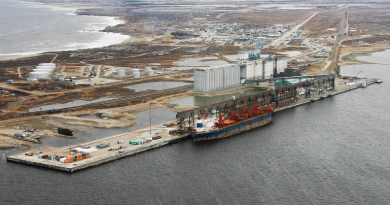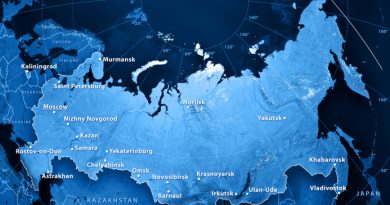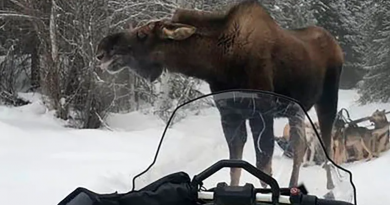ITK considers rejecting role on reconciliation oversight body
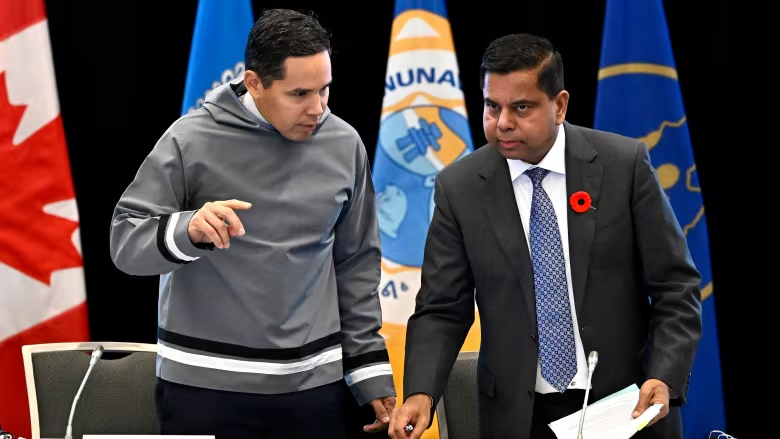
· CBC News
The Inuit organization calls the council ‘a melting pot of Indigenous voices’
Inuit Tapiriit Kanatami President Natan Obed says he’s considering pulling out of the new National Council for Reconciliation, calling the oversight body a “melting pot of Indigenous voices” he doesn’t want his organization to be a part of.
The council is the federal government’s response to Call to Action 53 from the Truth and Reconciliation Commission, which urged Ottawa to create an independent national body to track the federal government’s efforts to rebuild the relationship with Indigenous peoples.
It will make annual reports to Parliament, which will also be taken to the Senate and the House of Commons. The prime minister will be required to provide a response to those reports. The council was established when Bill C-29 became law on Tuesday.
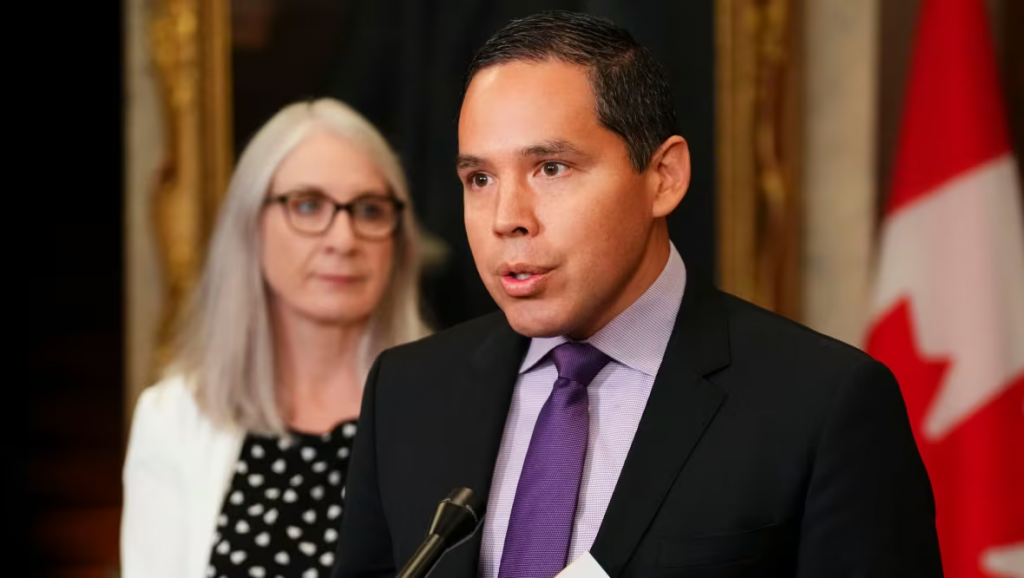
Obed said the legislation “has the potential to undermine a lot of the advances Inuit have made with the Crown.” He said Inuit leaders have long called for “distinctions-based reconciliation,” which he said the council goes against by combining the interests of First Nations, Inuit and Métis into one body.
The council will be made up of thirteen directors serving four-year terms. The four national Indigenous organizations — ITK, the Métis National Council, the Assembly of First Nations and the Native Women’s Association of Canada — will get to select one director each. The remaining appointees will be up to the minister of Crown-Indigenous Relations and the transitional committee.
Two thirds of the directors on the council must be Indigenous, and it must also consist of at least two from Yukon, the Northwest Territories or Nunavut. But beyond ITK’s one appointee, Obed said “there are no other considerations in the legislation for additional Inuit.”
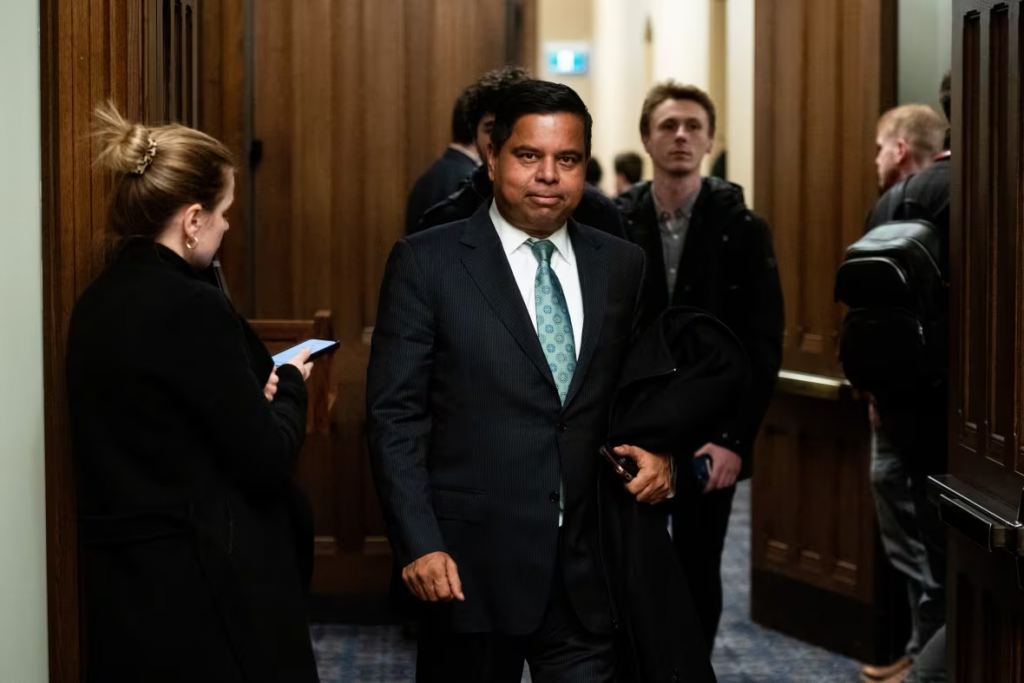
Obed said the Inuit-Crown Partnership Committee is an example of a process that already exists to do the same kind of work the council is tasked with.
“We feel very strongly that Inuit rights-holding organizations such as Nunavut Tunngavik Incorporated, Makivvik, the Nunatsiavut Government and the Inuvialuit Regional Corporation are much better equipped to deal with reconciliation … rather than a body that makes very sweeping statements that go counter to the positions we hold as Inuit organizations,” Obed said.
Council not a ‘homogenized’ group, says Nunavut MP
A spokesperson for Gary Anandasangaree, the minister for Crown-Indigenous Relations, said the National Council for Reconciliation will not detract from existing relationships with Indigenous partners, such as the Inuit-Crown Partnership Committee.
“We are steadfast in our dedication to the distinctions-based permanent bilateral mechanisms,” the spokesperson said in a statement. “The transitional committee will continue to facilitate the transition process, by assisting with nominations and ensuring that the selection process is fair, transparent and inclusive.”
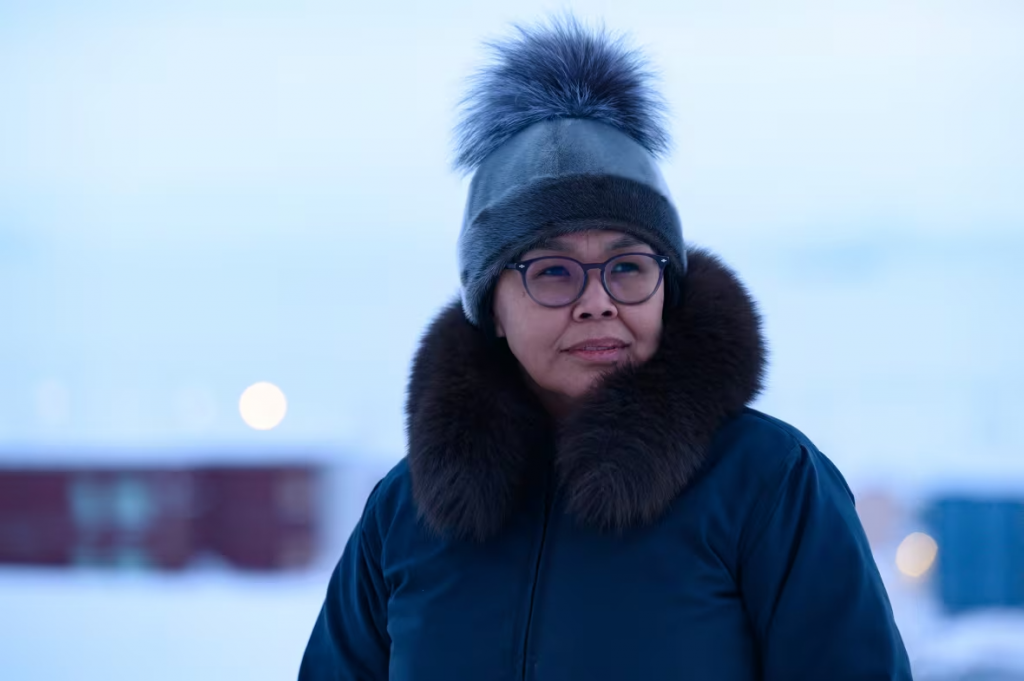
Nunavut NDP MP Lori Idlout also backed the new legislation. The NDP had pushed for the inclusion of residential school survivors, elders and legal experts.
“Because of how inclusive the board will be, it’s quite a short-sighted view to think that the way that Indigenous peoples are being homogenized is a completely different interpretation,” said Idlout.
“If ITK truly believes that rights-holding groups of Inuit in the different regions should be on the board, then ITK can make sure that when they do appoint somebody, that it is one of those board members”.
The office of the minister for Crown-Indigenous Relations wouldn’t provide a timeline for when the council will begin.
Related stories from around the North:
Canada: “We still have a lot of healing to do with our fellow Canadians” – National Day for Truth and Reconciliation observed September 30, Eye on the Arctic
Finland: Sami Parliament in Finland agrees more time needed for Truth and Reconciliation Commission preparation, Eye on the Arctic
Greenland: Danish PM apologizes to Greenlanders taken to Denmark as children in 1950s, Eye on the Arctic
Norway: Can cross-border cooperation help decolonize Sami-language education, Eye on the Arctic
Sweden: New chairman appointed to Sweden’s Truth and Reconciliation Commission, Eye on the Arctic
United States: “This isn’t just about Native people, this is about America,” say truth commission advocates, Eye on the Arctic

